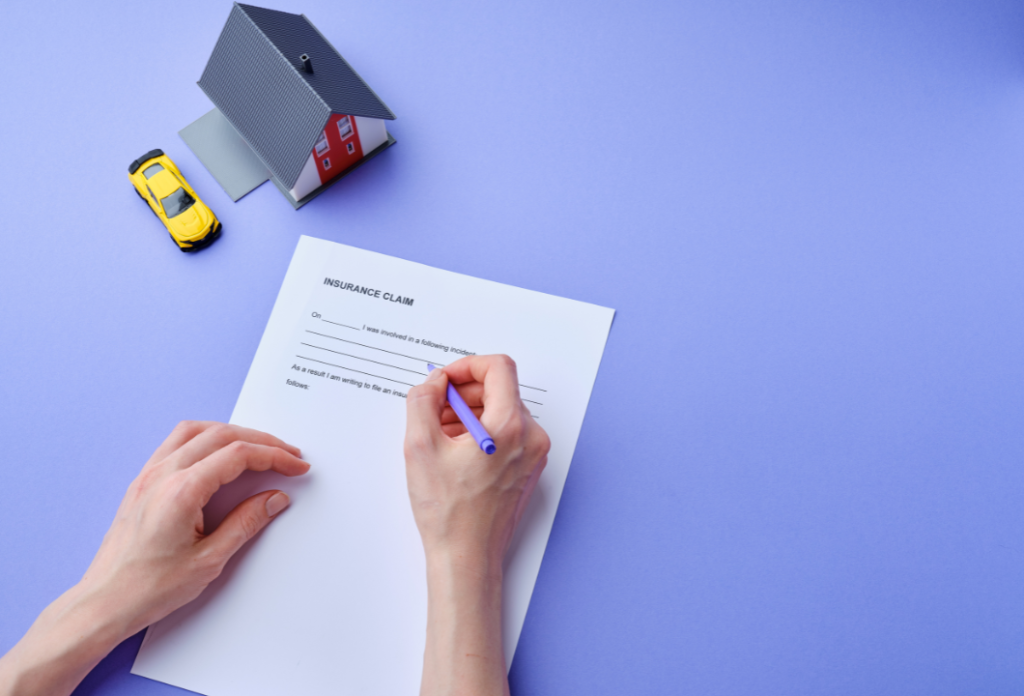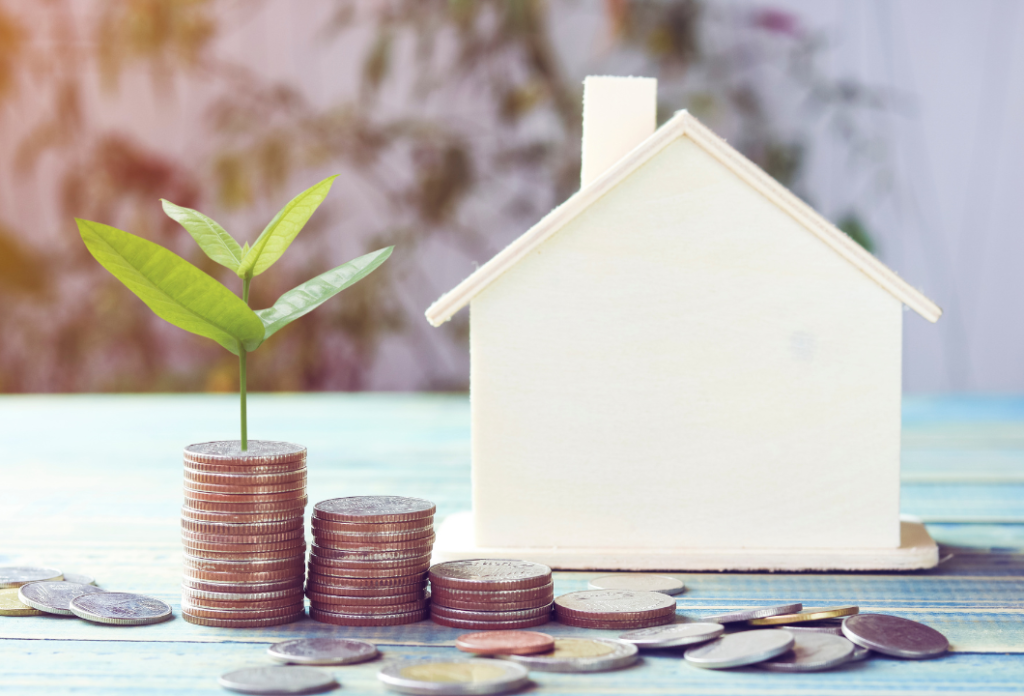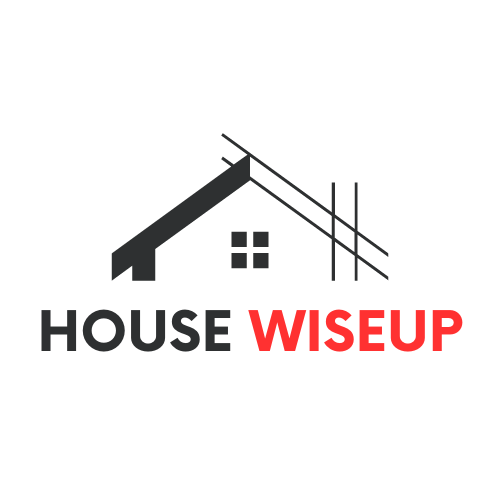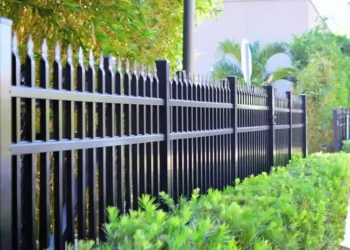Owning a home is a big responsibility, and keeping it safe should be a top priority. That’s where home insurance comes in. It protects you from unexpected damages, theft, and even natural disasters, giving you peace of mind. With the best home insurance, you won’t have to worry about sudden repair costs. But with so many options available, how do you choose the best plan? Let’s break it down in simple words so you can make the right decision.
Table of Contents
What is Home Insurance?
Home insurance is a policy that helps cover financial losses if your home or belongings are damaged, stolen, or destroyed due to events like fire, storms, or burglary. It can also provide liability coverage if someone gets hurt on your property. In short, home insurance is your safety net, ensuring you don’t have to pay huge amounts out of pocket if something unexpected happens. Whether it’s a small repair or a full home rebuild, having the right insurance can save you from a lot of stress and financial burden.
Features of a Best Home Insurance Plan
A reliable home insurance policy should offer the right mix of coverage, affordability, and extra benefits. Here are some key features to look for:

Coverage for Your Home Structure
This covers the physical structure of your house, including the walls, roof, floors, and built-in appliances. If a fire, storm, or other disaster damages your home, the insurance will help pay for repairs or rebuilding. Some policies provide full replacement coverage, while others cover only a percentage. It’s important to check what types of disasters are included because some policies may exclude certain events like earthquakes or floods unless you purchase extra coverage. Always ensure your policy matches the risks common in your area.
Coverage for Personal Belongings
Your home is more than just walls—it’s filled with valuable belongings like furniture, electronics, and clothing. A good home insurance policy protects these items in case of theft, fire, or water damage. Some plans even cover items stolen outside your home, like your laptop or phone. However, policies often have limits on high-value items such as jewelry or artwork, so you may need additional coverage for those. Creating a home inventory list can help you determine if your belongings are adequately insured.
Liability Protection
Accidents can happen anywhere, and if someone slips and falls on your property, liability insurance helps cover their medical bills and legal costs if they decide to sue. But it’s not just for your home—if your dog bites someone at the park, this insurance can also help pay for their treatment. The amount of coverage you need depends, but experts suggest having at least $300,000 to protect yourself from big financial troubles if you get sued. It’s a safety net that gives you peace of mind, so you don’t have to stress about unexpected accidents turning into expensive problems.
Additional Living Expenses (ALE) Coverage
If your home becomes unlivable due to a disaster, ALE coverage pays for temporary housing, meals, and other essential expenses while repairs are being made. This includes hotel stays, rental costs, and even increased food expenses if you have to eat out. Most policies cover a certain percentage of your total insurance amount, so it’s important to check the details. Some policies may have time limits, while others allow coverage for as long as necessary within reasonable limits.
Protection from Natural Disasters
Where you live can affect the kind of best home insurance you need. Some places are more likely to have floods, hurricanes, or earthquakes. While some insurance plans cover these disasters, others don’t—meaning you might need extra protection. Protect your biggest investment by selecting the best home insurance for your needs. For example, flood insurance usually comes from government programs like the National Flood Insurance Program (NFIP). If your area is high-risk, it’s smart to check what disasters are common and make sure your policy covers them. Don’t wait until something happens—look into your options now so you’re prepared for whatever comes your way!
Benefits of Having Best Home Insurance
Many homeowners think insurance is unnecessary until disaster strikes. Here’s why having a good plan is a smart decision:
Financial Security
Repairing or rebuilding a home can be extremely expensive. Home insurance ensures that you don’t have to drain your savings or take out loans to cover unexpected damages. Even minor repairs, like fixing a broken pipe, can add up. A solid insurance plan prevents financial strain and helps you recover quickly.
Peace of Mind
Imagine waking up one day and finding your home damaged by a fire, storm, or a burst pipe. Scary, right? The stress, the cost, and not knowing what to do can feel overwhelming. But that’s why home insurance exists. It takes the worry off your shoulders, so if something bad happens, you’re covered. Instead of stressing over money or repairs, you can focus on getting back to normal. Think of it as a safety net that’s there when you need it. Whether it’s a small issue or a big disaster, home insurance makes sure you’re not dealing with it alone.
Protects Your Investment
Owning a home is a big deal, but keeping it safe is just as important. Home insurance is like a safety net for your biggest investment, covering damages from unexpected events like fires, storms, or theft. Imagine if something bad happened, and you had to pay for all the repairs yourself—it could cost a fortune! But with home insurance, you don’t have to panic. It helps cover the costs, so you can fix or rebuild without draining your savings. It’s a simple way to protect what you’ve worked so hard for and gives you peace of mind no matter what.
Lender Requirement
If you have a mortgage, your lender will likely require you to have home insurance. This protects both you and the lender from financial losses. If you fail to maintain coverage, the lender might purchase a policy on your behalf—usually at a much higher cost. It’s better to shop around and find an affordable plan that suits your needs.
Cost of Home Insurance

The cost of home insurance varies based on several factors, including:
- Home’s Location – If you live in an area prone to natural disasters, your premium may be higher.
- Home’s Value and Size – Larger, more expensive homes usually cost more to insure.
- Coverage Type – Additional coverage options will increase costs.
- Deductible Amount – A higher deductible lowers your monthly premium but increases out-of-pocket expenses when filing a claim.
- Safety Features – Installing security systems, smoke detectors, and fire-resistant materials can help you get discounts on your policy.
Conclusion
Home insurance isn’t just a good idea—it’s a necessity. It protects your home, belongings, and financial future from unexpected disasters. Choosing the right plan ensures you get the best value while keeping your home safe and your worries low. Investing in home insurance today means securing your peace of mind for the future.
FAQs
1. Is home insurance mandatory?
No, but if you have a mortgage, your lender will likely require it.
2. Does home insurance cover floods and earthquakes?
Not always. You may need to buy additional coverage for these disasters.
3. Can I lower my home insurance costs?
Yes! Installing security systems, increasing your deductible, and bundling policies can help reduce costs.
4. What happens if I don’t have home insurance?
You’ll have to pay for all damages and losses out of pocket, which can be financially devastating.
5. How do I file a home insurance claim?
Contact your insurer, document damages, and provide necessary proof (like photos and receipts). Your insurer will guide you through the process.







